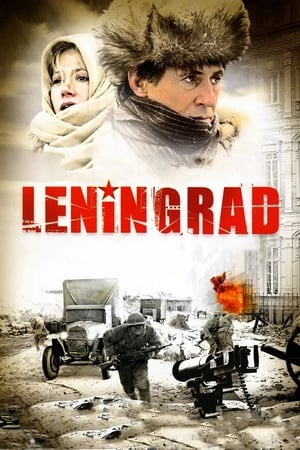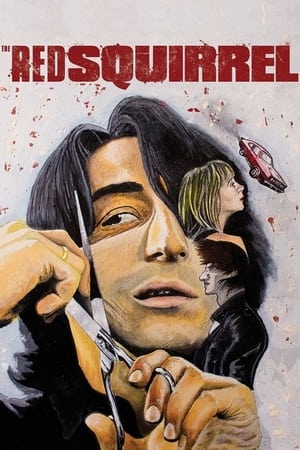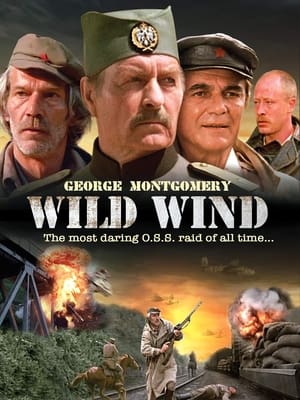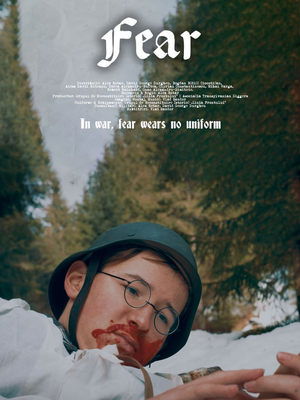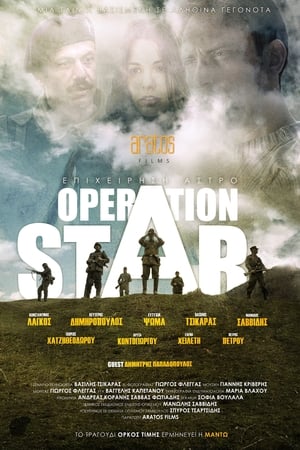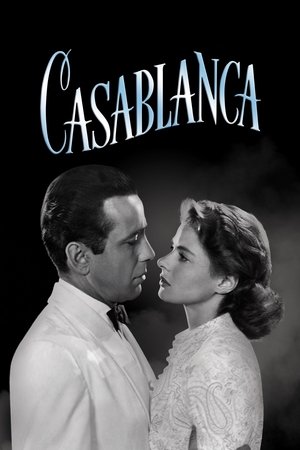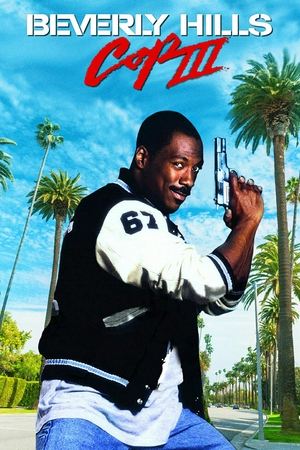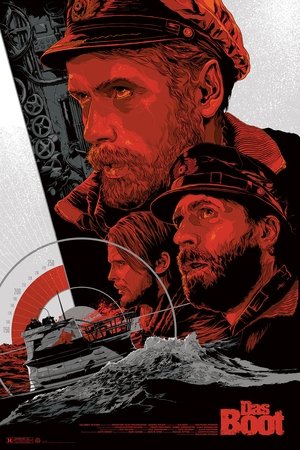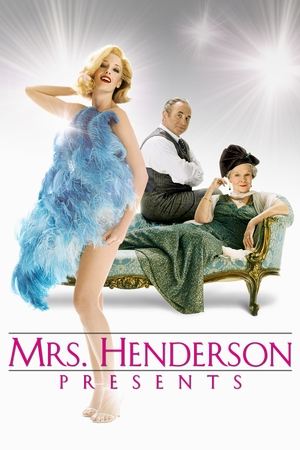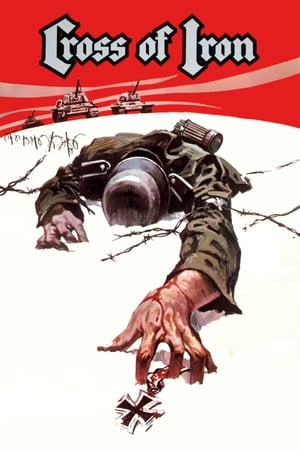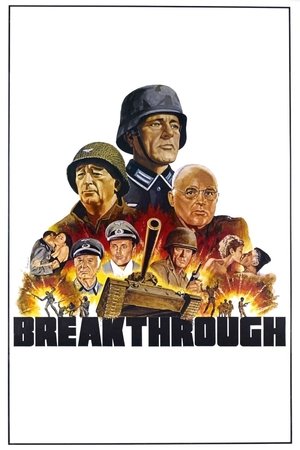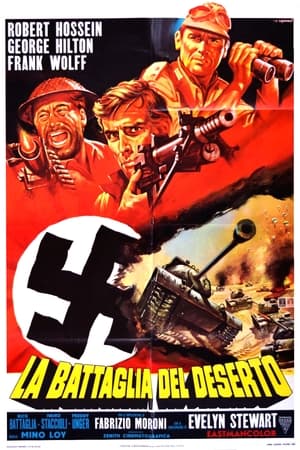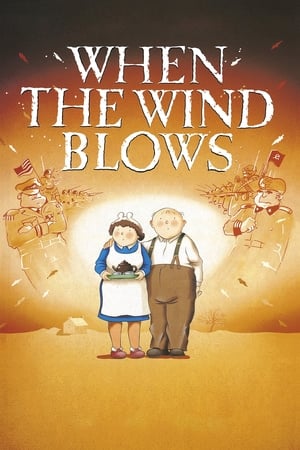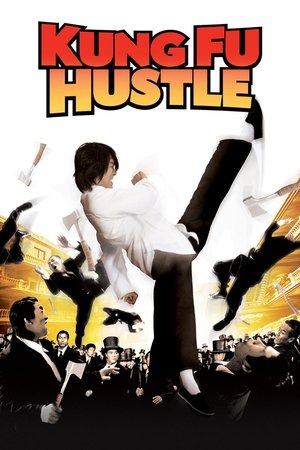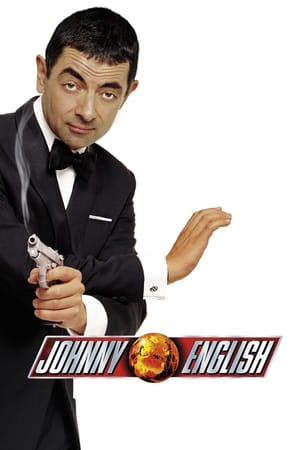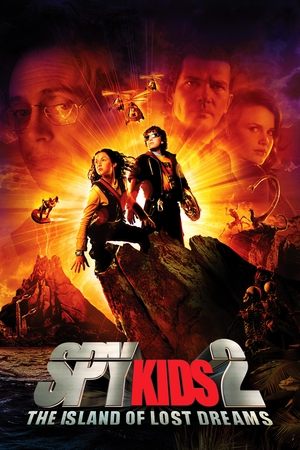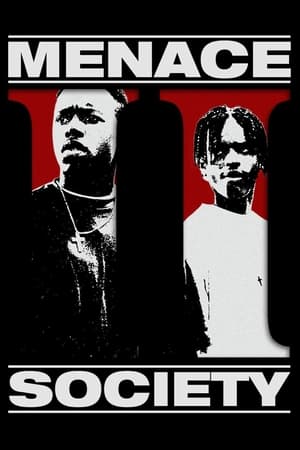Overview
A group of Serbian socialists prepares for the war in a surreal underground filled by parties, tragedies, love and hate.
Reviews
**A black comedy made for a restricted audience.**
The film follows much of Yugoslav history, from its occupation by the Germans during World War II to its dismemberment. This is done through a small handful of characters: Marko and Blacky are friends, but follow different life paths: one becomes a kind of boss of the Communist Party, the other the head of a clandestine arms factory, which helps the another to get rich
Directed by Emir Kusturica, it's a rather surreal and hard-to-understand film that feels like it was made for a niche audience that I don't belong to. There is something deeply cynical about all this, especially if we consider the critical way in which the director thought of the film: it is a film that does not bother to explain historical events, presumes that we already know them, and works on them in order to criticize the way we look at war heroes.
I honestly prefer not to talk too much about the cast because I don't know any of those involved. Anyway, I feel they did a pretty satisfying job, considering the film it is and what the director wanted to do. The script has a lot of black humor, sometimes of debatable taste, and there are a number of issues that, if we think about it, make us question the plausibility of the script. For example, how is it possible for a group of people to stay hidden underground for so long without knowing what is going on in the world around them. It does not make sense.
Technically, the film has excellent sets and a very well achieved cinematography. The editing is, however, a little poorly done as the film fails to maintain a regular pace, with several scenes too long. But what tired and irritated me the most was the strident soundtrack, dominated by a brass band and songs, with an adequate Slavic sound, but exaggeratedly strong and flashy.
Though this is a bit hit and miss, and I do wonder just how many editions of the BBC's "'Allo 'Allo" director Emir Kusturica had watched, this is still quite an entertaining look at the evolution of Yugoslavia from it's wartime Chetnik phase through until the dismantling of the country following the death of Tito. It's split into three distinct parts, and the start reminded me a little of the beginning of "Hannibal Brooks" (1969) with a zoo getting bombed and keeper "Ivan" (Slavko Stimac) rescuing one of his charges - a chimp this time, not an elephant. What now ensues follows how he, his brother "Marko" (Pedrag Manojlovic) and his best pal "Blacky" (Lazar Ristovski) try to keep their families safe during the Naxi onslaught whilst, at the same time, making a few extra dinars dealing on the black market. Only "Marko" gets to go above ground, the others remain below for their own safety - but as the war concludes, the former doesn't enlighten the latter - and so like a bunch of unaware moles, they continue to manufacture their munitions oblivious of the changes up top that see their new focus being anti-Communist activities as the regime of Josef Tito becomes firmly entrenched. The final phase deals with a sort of messy reconciliation of the first two parts as well as addressing the more raw issues faced as their country disintegrates into an abyss of civil war with profiteering and treachery rife. They lose touch and chaos reigns - despite the presence of the light blue berets of the UN troops. It's quite a long old watch, this, and there are times when you could easily take a razor blade to it, but the characterisations are quite enjoyably zany and entertaining whilst leaving enough substance to their principled behaviour in defence of their country and their communities to provoke some thought, too. The comedy isn't really sophisticated, it's actually pretty slap-stick for the most part (there's a scene at the end with a burning electric wheelchair that does rather sum the whole thing up), but that humour is used to quite potent effect pointing out just how traumatic it was for anyone growing up in this part of the Balkans in the last half of the 20th century, and at how stoically and energetically many took up that challenge. I can't say that any of the acting particularly stood out (except maybe the monkey having great fun inside a fully armoured tank), it's more of an ensemble effort that mixes farce with history quite engagingly.

 170 min
170 min
 7.729
7.729
 1995
1995
 Yugoslavia
Yugoslavia
 Filipe Manuel Neto wrote:
Filipe Manuel Neto wrote: